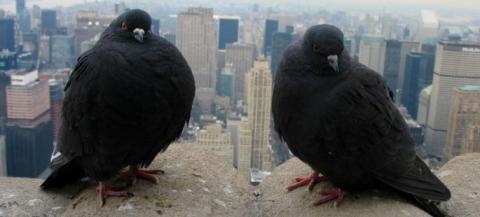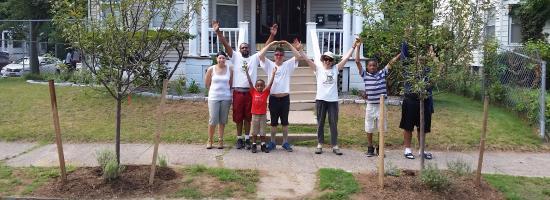Urban Greening for Urban Birds

Event time
Paige Warren, UMass Amherst
Dr. Warren’s research seeks to understand processes generating and maintaining biological diversity in a world that is becoming increasingly dominated by humans. Research in the lab spans the species, community and landscape levels and focuses on the impacts of urbanization on animals. Rapid urbanization is one of the greatest challenges facing conservation biology, with many cities growing in area faster than in population. In addition, the highly managed nature of a city landscape provides biologists with some unique opportunities to understand both the role of humans in altering patterns of biological diversity and the role of behavior in limiting animal distributions. A guiding principle for Dr. Warren’s research is that the typical indices of urbanization, such as human population density, describe only a portion of the habitat structure that is important for wildlife. Human behaviors, values, and resource consumption levels can influence the habitat and resource availability for birds and other organisms.
What are the needs of an urban bird? What can be done to enhance the diversity of birds and other species living in the city? The highly managed nature of a city landscape provides biologists with some unique opportunities to understand both the role of humans in altering patterns of biological diversity and the role of behavior in limiting animal distributions. A guiding principle for my research is that the typical indices of urbanization, such as human population density, describe only a portion of the habitat structure that is important for wildlife. My research team has recently analyzed 150 years of documented changes in the bird communities of Cambridge and examined a variety of Boston’s green spaces to determine ways to improve and increase habitat for year-round as well as migratory birds and other city-dwelling animals. I will speak about my research, done in New England and around the country, to understand processes generating and maintaining biological diversity in a world that is becoming increasingly dominated by humans.
